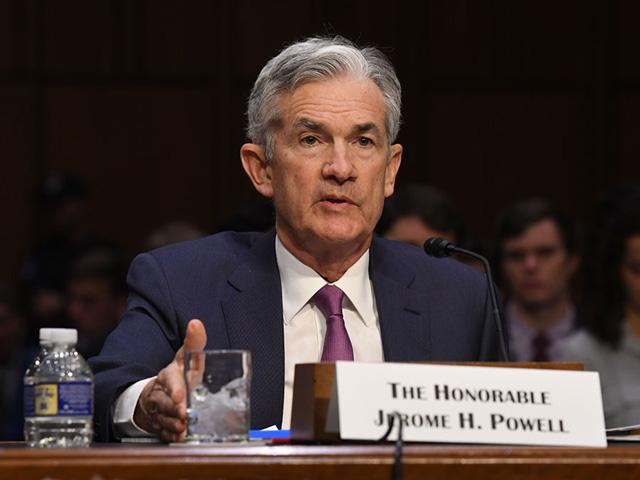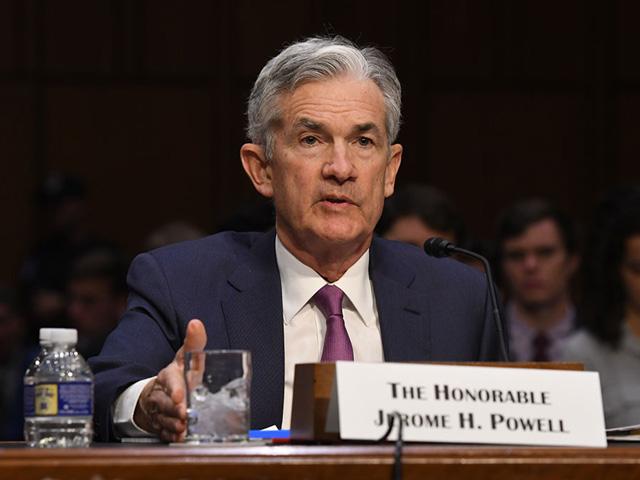An Urban's Rural View
The Importance of an Independent Federal Reserve
Before we discuss the plans Trump advisors are hatching to jettison the Federal Reserve's independence, let's concede that every president covets the Fed's power to set interest rates.
Donald Trump wouldn't be the first to try to grab some of that power. His predecessors in making the effort include Harry Truman, Lyndon Johnson and Richard Nixon. (https://www.wsj.com/…)
Even those presidents who stood by silent as the central bank did its thing surely winced when it raised interest rates or declined to lower them. High interest rates can lose elections. No president wants them.
Neither do farmers, ranchers and other business borrowers. If taking away the Fed's independence keeps interest rates low, then, isn't that a good thing?
Let's start by acknowledging that the Fed isn't completely independent. Congress created it in 1913 and what Congress does, Congress can undo. In 1978, Congress changed the Fed's marching orders, mandating that it pursue maximum employment as well as price stability.
Moreover, elected officials determine who serves on the Federal Reserve Board. Its seven governors are appointed by the president and confirmed by the Senate.
But once confirmed the governors serve 14-year terms, which gives them a considerable degree of independence. They can only be removed for cause -- and not because the president or the Congress disagrees with their policy views.
And that's not the Fed's only protection from politics. Another is the composition of the Federal Open Market Committee, the arm of the Fed that decides monetary policy. Five presidents of the 12 Federal Reserve banks join the seven governors on the FOMC, and they're elected by private banks that are members of the Federal Reserve System.
P[L1] D[0x0] M[300x250] OOP[F] ADUNIT[] T[]
Politicians can and do express their differences with the open-market committee's decisions, sometimes in heated terms. But short of making drastic changes in the whole central-bank system -- the nuclear option -- that's all they can do. Our monetary policymakers are free to make unpopular moves without fear of losing their jobs.
Why does the U.S. thus insulate its monetary decision makers from political interference? Sometimes high interest rates are necessary; without them inflation can spin out of control.
Yet even when necessary, imposing them requires a level of political courage that's unreasonable to expect from those who must face the electorate every two, four or six years. Better to leave them to appointed experts with 14-year terms.
It's not just the U.S. that has come to this conclusion. Most countries have quasi-independent central banks for similar reasons.
What Trump's advisors are said to be considering falls into the nuclear-option category.
According to The Wall Street Journal's Fed reporter Nick Timiraos, the president would be consulted on interest-rate decisions. Fed regulations would be subjected to White House review. The Treasury would act as a check on the Fed's emergency lending decisions. (https://www.wsj.com/…)
Oh, and Trump would replace Jerome Powell before his term as Fed chair expires in 2026. Trump appointed Powell to the chairmanship but was upset when the Fed then raised rates during his presidency.
Unless Congress went along, the legality of all this is questionable. There would almost certainly be litigation. It wouldn't be surprising if the courts derailed the proposals.
Financial markets would probably get there first. They'd throw a tantrum. To understand why, it's helpful to connect four facts:
-- The Fed sets short-term interest rates. Supply and demand in the bond market set long-term rates.
-- Bond prices and bond yields move inversely. For example: If you've bought a $1,000 bond with a 5% interest rate, your interest income is $50 a year. If the market price of the bond falls to $500, the buyer still gets $50 a year, but $50 isn't 5% of $500. It's 10%. As the bond's price falls its yield rises.
-- Inflation is good for borrowers and bad for creditors, because the loan (bond, in this case) gets repaid in devalued dollars.
-- When the bond market sniffs inflation, the resulting selloff can cause financial chaos. Among other things, stocks usually plummet, too -- the higher yields render bonds more attractive as investment vehicles -- and the higher yields make the government's debt soar.
Investors view the Fed's independence as a bulwark against irresponsible monetary policy. They fear that if politicians set interest rates, they'll keep them low even when economic conditions dictate they should be high. That is, if politicians are setting interest rates, runaway inflation is a serious risk.
Odds are high, in other words, that an attack on the Fed's independence would indeed trigger a long-term bond selloff.
This is why these proposals aren't a good thing, even for business borrowers. They won't work because they ignore the role markets play in setting interest rates. Financial chaos would likely make the White House withdraw them. For farmers and ranchers, there's also the problem that when bond yields leap higher, so do mortgage rates.
According to Timiraos, the proposals Trump's advisors are plotting haven't yet received the candidate's blessing. It would be better for the economy, investors, the federal debt and business borrowers if they never do.
Urban Lehner can be reached at urbanize@gmail.com
(c) Copyright 2024 DTN, LLC. All rights reserved.






Comments
To comment, please Log In or Join our Community .